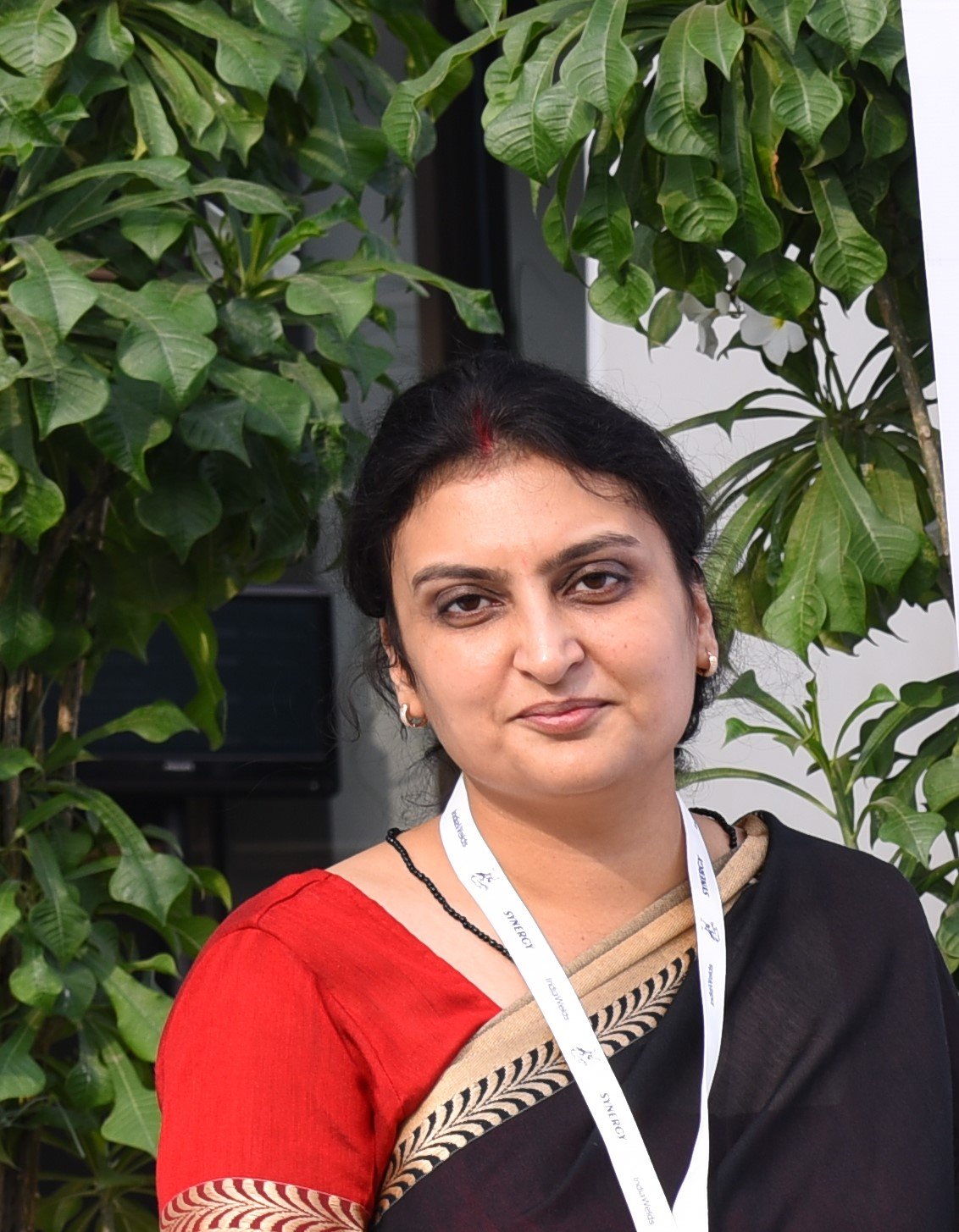Sujata Sahay, CEO, IndiaWelds, speaks about how through its strong collaboration between academia and industry, IndiaWelds is driving innovation and skill development in the welding sector, particularly focusing on stainless steel applications.
By bridging knowledge gaps and fostering technological adoption, IndiaWelds is playing a pivotal role in advancing sustainable practices and preparing a skilled workforce for future manufacturing challenges in India. Sujata Sahay, CEO, IndiaWelds, in an exclusive interaction with Stainless Today gives us more details:
Tell us more about India Welds and its role in advancing welding techniques for stainless steel applications in India.
IndiaWelds is involved in capacity-building exercises primarily in the field of welding and manufacturing. Our philosophy is simple: ‘If you cannot measure, you cannot improve.’ We started by measuring, assessing and analysing the skill, technology and knowledge gaps present in the industry. From there, we developed ways to mitigate these gaps through training and consultancy.
When it comes to stainless steel welding, although stainless steel has been used primarily in sectors like kitchen utensils, we’re taking it a step further. We’re working to ensure that stainless steel becomes a durable, sustainable and preferred material in the manufacturing and fabrication industries. At IndiaWelds, we provide end-to-end solutions, from R&D with institutions like IIT to training in stainless steel fabrication. We bridge the gap between academia and industry, ensuring that what we offer is not just what the industry needs, but also informed by academic idealism.
What kind of workshops or programmes does IndiaWelds offer to address the skill and knowledge gaps in the industry?
Our programmes and workshops are customised based on the industry’s needs and the standards required. Welding is a science expressed through skill, and this expression needs to be in line with the necessary codes and standards. Unfortunately, adherence to these standards is often lacking in the industry.
We don’t offer a standard curriculum; instead, we curate it according to the specific needs of different companies or sectors. For instance, if you’re a thin sheet metal component manufacturer, the programme will be designed to maximise your intake from the workshop. Similarly, for heavy manufacturing, we offer specialised modules. We provide upskilling for those already in the industry, retraining for people who joined recently, and foundational training for newcomers.
Customisation is crucial and varies both by industry and company. The training needs of a company with state-of-the-art machinery are different from those of a small or medium-scale industry trying to become more competitive. Our approach is deep-rooted, focusing on closing the technology, knowledge and skill gaps effectively.
How is IndiaWelds contributing to the advancement of welding techniques and processes, especially those involving stainless steel?
Advancement in welding requires a strong foundation. Without it, adopting high-end technology is difficult. IndiaWelds focuses on making technology adoption easier, starting with solid fundamentals. We help bridge the gap between current practices and the futuristic vision of smart factories.
For stainless steel, welding requires patience, hand control and understanding of the material. We’re working to ensure that people don’t rely too heavily on automated corrections. We emphasise learning the basics, so as new grades of stainless steel are introduced, the workforce is ready to adapt.
How do technologies, such as AI and IoT, play a role in stainless steel welding?
As of now, AI and IoT are more prominent in the inspection space, particularly in non-destructive testing and evaluation. These technologies offer flawless inspection, making them easier to adopt. However, in welding, AI-based technologies are still emerging and need to complement rather than replace skill.
Our focus is on building a strong foundation in skilling. Once that is achieved, AI and IoT can be more effectively integrated into the welding process.
Stainless steel is one of the most sustainable metals used today. How does IndiaWelds contribute to sustainability in this context?
We approach sustainability in two ways: creating sustainable welding excellence and promoting environmentally sustainable practices. Stainless steel is inherently sustainable, but we need to make it more accessible to the industry.
There is a common misconception that stainless steel is difficult to work with, and the cost of training is high. We’re working to change this perception by making training more accessible and creating courses that simplify the welding of stainless steel. We’re also working with stakeholders, including stainless steel manufacturers, to break down these barriers and seize the opportunities in this field.
As the first woman to establish a consultancy in welding, what challenges have you faced?
While I may not be the first woman in this field, I am likely the first to establish a consultancy in welding. Starting out, I was often dismissed as an outsider, but I anticipated this reaction. I wanted to understand the shop floor better so I could effectively address the gaps. The main issue in the welding sector is that those who understand it don’t do it, and those who do it often don’t fully understand it.
As a woman in a male-dominated industry, I had to navigate initial scepticism, competition, and attempts to undermine my work. However, I embraced these challenges and enjoyed every part of the journey. I have also been fortunate to have the support of mentors who encouraged me to hold my ground.
Do you send candidates from India to the WorldSkills competition for welding?
We are on that path. We’ve curated a course for National Council for Vocational Education and Training (NCVET), which will soon be rolled out by National Skill Development Corporation (NSDC). We’ve also established our own training institute in Faridabad, where we plan to train two women welders for free. My goal is not just to train women as welders but to empower them to become trainers or even start their own businesses in welding.
As for the WorldSkills competition, we are aiming to participate in the near future. Perhaps a year from now, we’ll have more to share on that front.
As an expert, what do you think is the future of welding and manufacturing in India?
The future of welding and manufacturing in India is very bright. With the right foundation, training and adoption of advanced technologies, we can lead in this sector.





